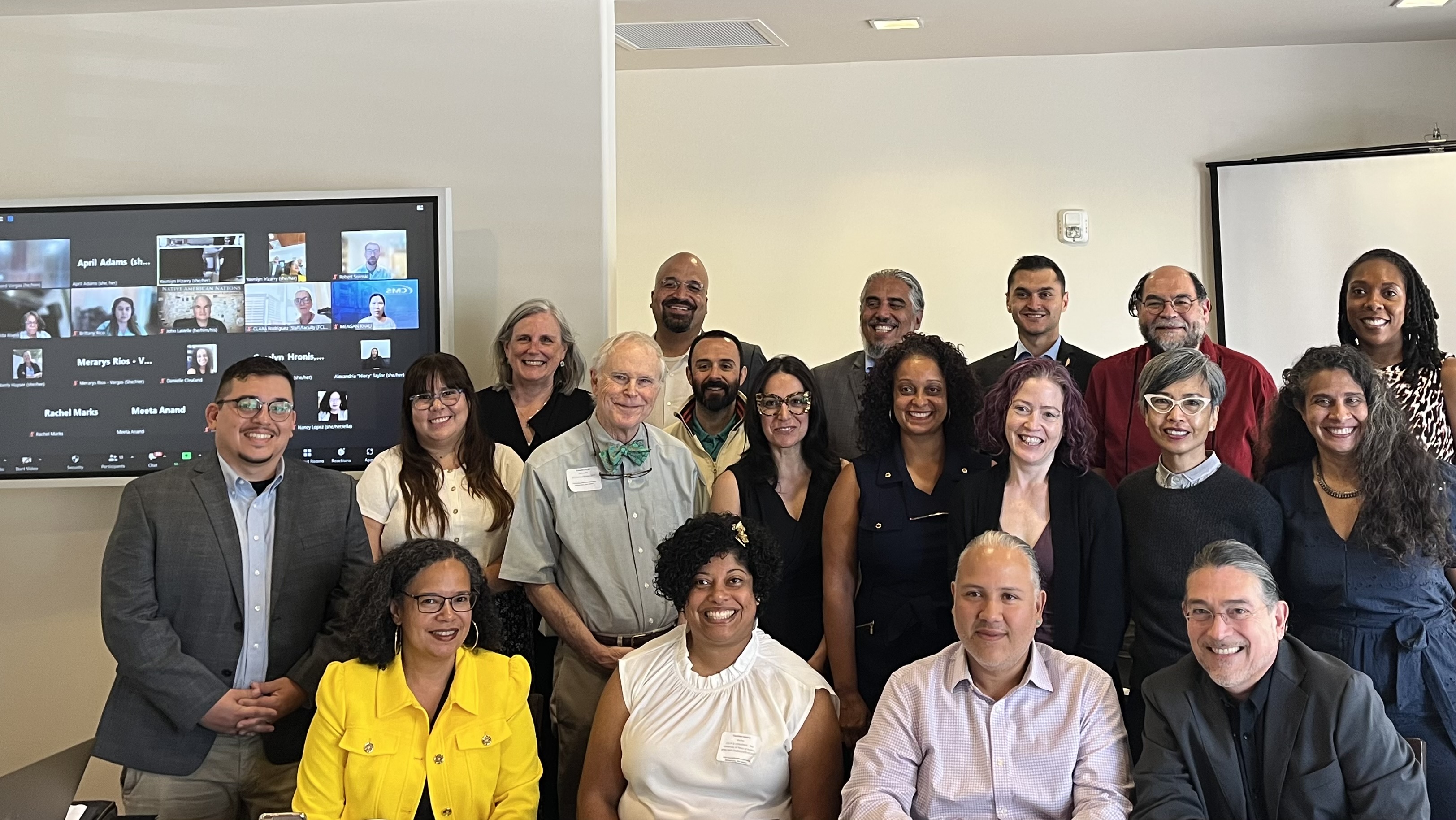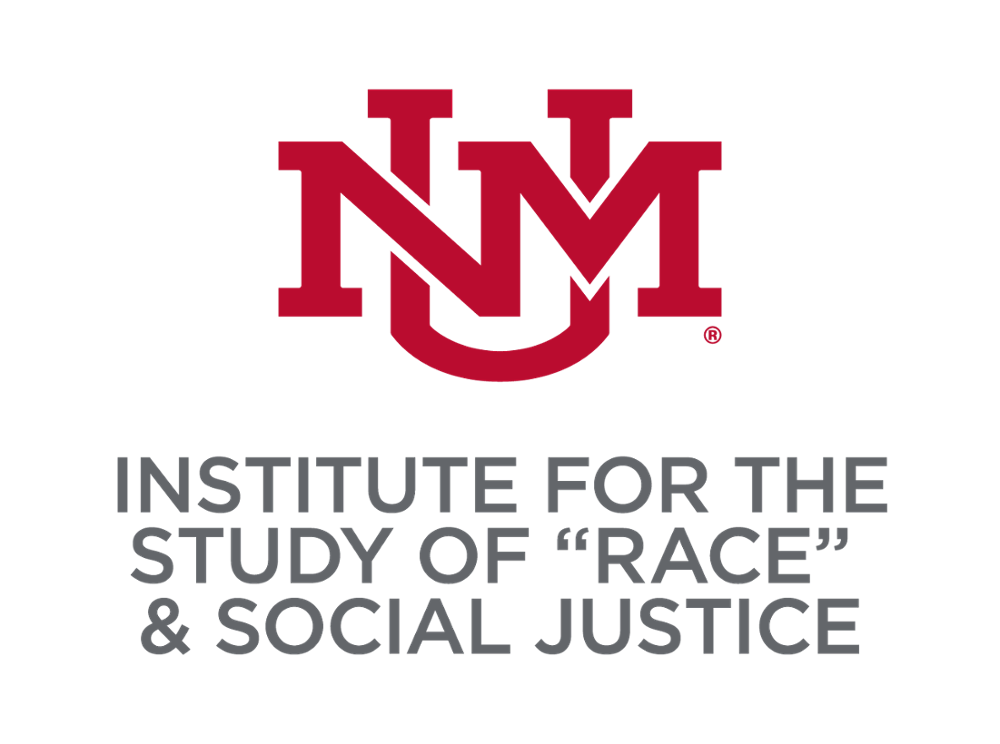The Bill and Melinda Gates Foundation has awarded $110,000 for a yearlong study on how universities employ intersectionality or the idea that race, gender and class must be recorded as simultaneous categories of experience in data collection to truly understand complex configurations of inequities in higher education and other policy arenas.
Nancy López, professor in the Department of Sociology and Criminology and director and co-founder of the Institute for the Study of "Race" & Social Justice.
The project titled, "Climate for Latino Students: Employing Intersectionality for Understanding Latino Student Success in Higher Education,” will seek to establish a gold standard for how universities track and understand the complexities of student social statuses including details on race, gender, class and ethnicity all together. Another important element of the study is recognizing that Latino ethnicity is a cultural heritage and not a race, which is a social status and position in society that has a visual component. This is why it is important to have a both-and approach for measuring race that includes how you identify and how others see you, which could be measured as street race — the race others assume you belong to based on a conglomeration of physical characteristics, such as skin color, facial features and hair texture, which research shows is often the basis of racial discrimination.
The research team includes co-principal investigators Dr. Nancy López, professor in the Department of Sociology and Criminology and director and co-founder of the Institute for the Study of "Race" & Social Justice, Dr. Yasmiyn Irizarry, an associate professor at the University of Texas- Austin and lead primary investigator, and Dr. Edward Vargas, an associate professor at Arizona State University. The three have collaborated on several intersectionality research projects in the past few years, including a $1.5 million three-year Robert Wood Johnson Foundation grant (2021-2025), where Dr. Nancy López is the lead primary investigator, to employ intersectionality in revising Office of Management and Budget (OMB) race and ethnicity federal guidelines, which impact all federal agencies in the country, including the U.S. Census. López and co-principal investigators submitted a consensus memo signed by over 100 people, mostly scholars of race, ethnicity and inequality, opposing OMB's initial proposals to ask about race and ethnicity in one question because regardless of intent, it will undermine our ability to illuminate racialized inequities with Hispanic communities and beyond; it also undermines civil rights monitoring, enforcement, and equity-minded policy development.


